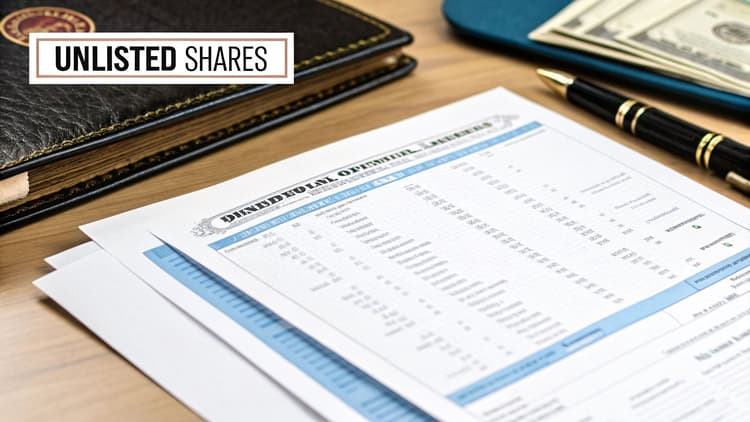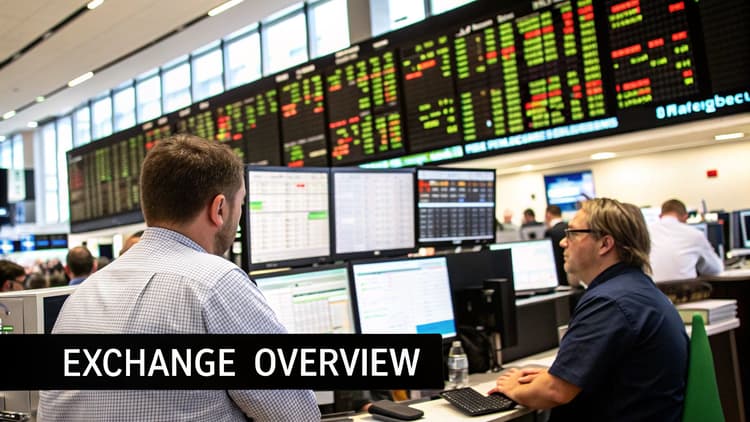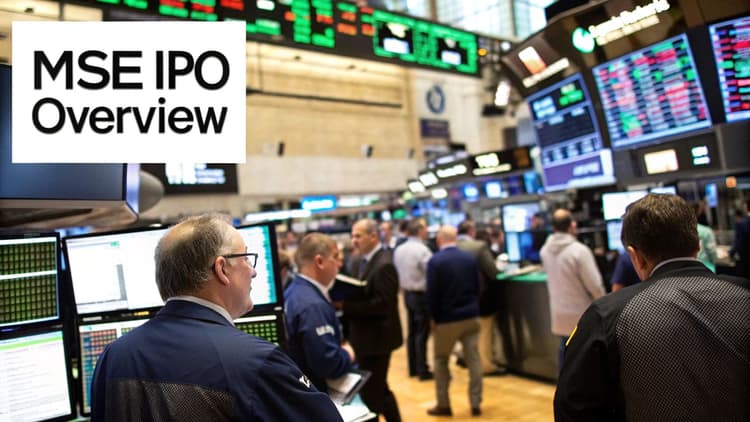
The potential listing of NSE on a competing exchange like the BSE or Metropolitan Stock Exchange Shares could mark a transformative period for the Indian stock market. This development, driven by regulatory changes and strategic decisions, highlights the growing competitiveness and dynamism within the exchange landscape, promising new opportunities for investors and stakeholders alike.
The Indian stock market landscape is on the cusp of a potential transformation, with the Metropolitan Stock Exchange Shares (MSEI) emerging as a key player in this evolving scenario. Recent developments surrounding the National Stock Exchange's (NSE) efforts to resolve regulatory hurdles and pursue its initial public offering (IPO) have indirectly spotlighted MSEI as a viable listing alternative. As NSE navigates its path to a public listing, the regulatory framework preventing self-listing has opened doors for exchanges like MSEI to play a more significant role in the market.
The backdrop to this shift involves NSE's long-awaited IPO, which has faced delays due to regulatory and legal challenges, primarily concerning colocation and dark fiber cases. NSE's offer to pay Rs 1,388 crore to the Securities and Exchange Board of India (Sebi) to settle these issues represents a major step toward resolving these obstacles. While NSE aims to list its shares, current Sebi regulations bar self-listing, meaning it must consider listing on a competing exchange. This is where Metropolitan Stock Exchange Shares and the Bombay Stock Exchange (BSE) come into play.
The possibility of NSE listing on MSEI holds considerable promise for the latter. Such a move would significantly boost MSEI's market visibility, trading volumes, and overall attractiveness to investors. It could also foster increased competition within the exchange ecosystem, potentially leading to innovation and improved services for market participants. Furthermore, a successful listing of NSE on MSEI could validate MSEI's platform and infrastructure, encouraging other companies to consider it as a listing venue.
Market analysts suggest that increased competition among exchanges could lead to several positive outcomes. Firstly, it may drive exchanges to offer more competitive pricing and innovative products to attract both issuers and investors. Secondly, it could enhance the efficiency and transparency of the market, benefiting all participants. Finally, it may promote greater financial inclusion by providing a wider range of investment opportunities to a broader investor base.
Uday Tardalkar, an economist and market expert, noted that the regulatory restrictions on self-listing are designed to avoid conflicts of interest and ensure regulatory integrity. This framework underscores the importance of having independent platforms like MSEI available for listing purposes. The potential listing of NSE on MSEI would not only adhere to these regulatory principles but also demonstrate the robustness and impartiality of the Indian stock market ecosystem.
From an investor’s perspective, the evolving dynamics between NSE and MSEI present exciting opportunities. Increased competition and potential innovation could translate into better investment options and enhanced trading experiences. For MSEI, attracting a major listing like NSE would be a significant milestone, potentially driving up its valuation and attracting further investment. This creates a positive outlook for shareholders and stakeholders associated with Metropolitan Stock Exchange Shares.
As the situation unfolds, all eyes will be on Sebi's decisions and NSE's strategic moves. However, one thing is clear: the Indian stock market is becoming increasingly dynamic, and exchanges like MSEI are well-positioned to capitalize on the opportunities that arise. This shift towards greater competition and broader participation promises a brighter future for the Indian financial landscape, benefiting both investors and the economy as a whole.
.avif&w=128&q=75)


